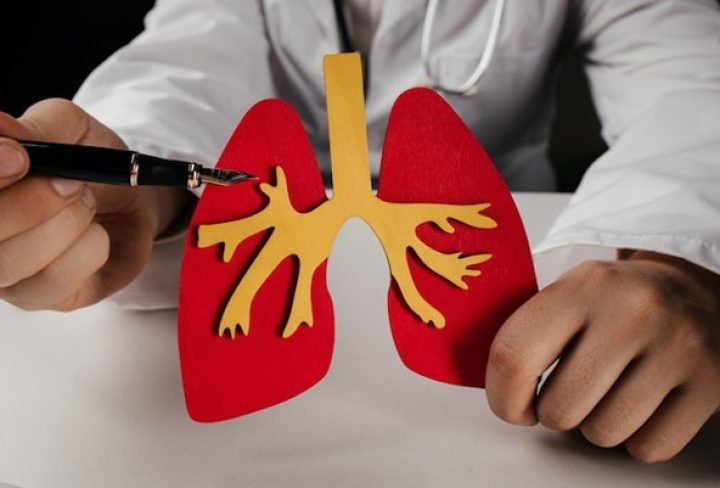Lung cancer is a major health threat worldwide, but the good news is that many of its risk factors are preventable. By adapting healthy lifestyle choices and being mindful of environmental exposures, you can significantly reduce your risk of developing this deadly disease. This blog explores effective strategies for lung cancer prevention that can make a real difference.
1. Quit Smoking
Smoking is the primary cause of lung cancer, responsible for about 85% of cases. The most effective step you can take to prevent lung cancer is to quit smoking. While quitting can be challenging, it is the single most important action for improving lung health and reducing the risk of cancer. Even if you’ve been smoking for years, quitting today can have immediate benefits for your lungs and overall health. Numerous resources, such as counselling, medications, and support groups, can help individuals kick the habit.
2. Avoid Second-hand Smoke
Second-hand smoke poses a serious health risk to non-smokers, as it contains the same toxic chemicals found in the smoke directly inhaled by the smoker, and long-term exposure increases the risk of lung cancer. Avoiding environments where people are smoking, such as enclosed spaces, bars, or restaurants, can help protect your lungs. Encouraging smoke-free policies and advocating for smoke-free areas in your community can further reduce your exposure.
3. Test for Radon
Radon is a odourless, colourless, radioactive gas that can accumulate indoors, especially in basements and areas with poor ventilation. Prolonged exposure to high levels of radon increases the risk of lung cancer, especially for smokers. Since radon exposure is often undetectable without proper testing, it’s essential to check your home for radon. If high levels are found, radon mitigation systems can be installed to reduce exposure. Regular testing, especially in areas known for higher radon levels, is a smart preventive measure.
4. Protect Yourself from Workplace Hazards
Exposure to harmful substances in the workplace, such as diesel exhaust, asbestos, and industrial chemicals, greatly increases the risk of developing lung cancer. If you work in an environment with these toxins, follow all safety guidelines and use protective gear. Employers are required to provide safety measures, but it is important to stay informed about potential hazards in your workplace. Routine health screenings and being aware of any early symptoms of lung issues can help detect problems early.
5. Maintain a Healthy Diet and Lifestyle
A well-rounded diet, packed with vegetables, whole grains, and fruits, along with regular exercise, can strengthen your immune system and enhance lung health. Research suggests that antioxidants and certain vitamins may help protect against cellular damage that may contribute to cancer development. Engaging in physical activity can also lower your risk by improving overall health and keeping your lungs in optimal condition. Limiting alcohol consumption and keeping a healthy weight. further lowers your risk for many cancers, including lung cancer.
Conclusion
While lung cancer remains a serious health threat, many of its risk factors can be controlled or prevented through lifestyle changes and environmental awareness. Quitting smoking, avoiding second-hand smoke, testing for radon, taking precautions at work, and maintaining a healthy lifestyle are key strategies to reduce your risk. Implementing these changes can greatly enhance lung health and reduce the risk of lung cancer, contributing to a longer, healthier life.


